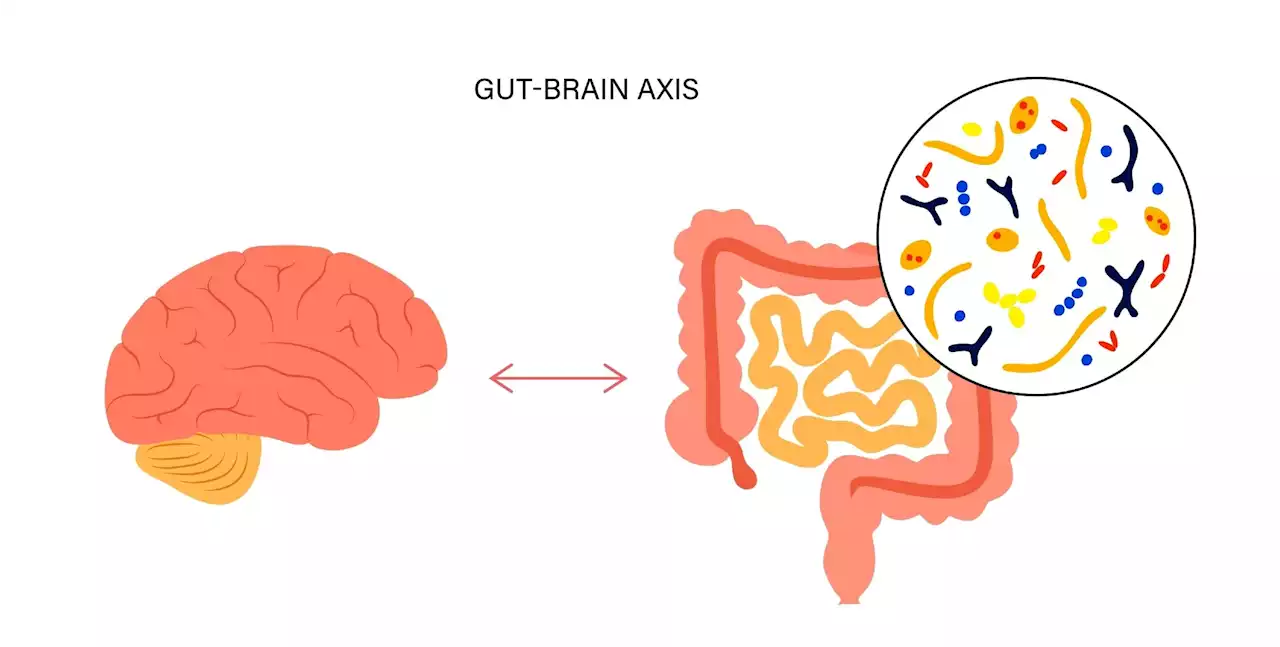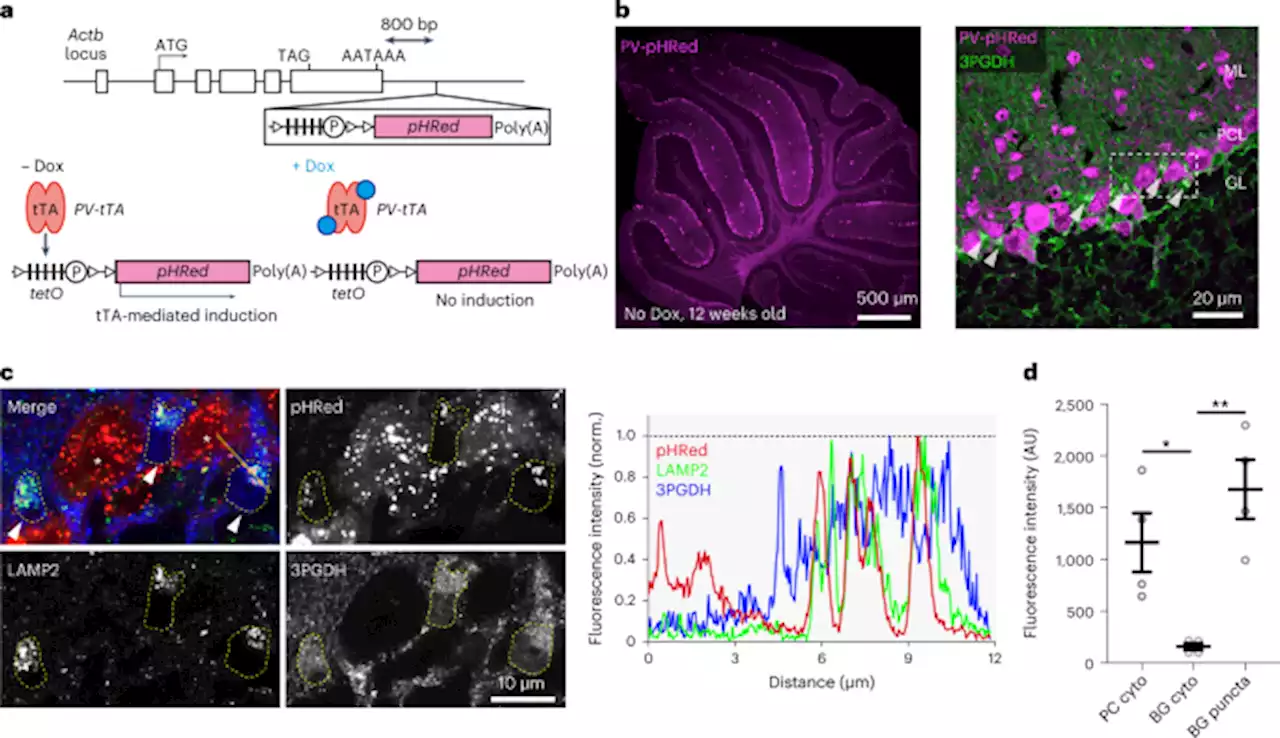Circadian disruption induces weight gain through changes in gut microbiota CircadianRhythm Diabetes Food Gastrointestinal Circadian GeneExpression Genetic Glucose Metabolism Microbiome Obesity MolMetab TU_Muenchen UniLuebeck UniOfSurrey
Study: Original Article Genetic and environmental circadian disruption induce weight gain through changes in the gut microbiome. Image Credit: Alpha Tauri 3D Graphics / Shutterstock
About the study In the present study, the researchers determined clock gene expression in various gastrointestinal tissues using quantitative real-time polymerase chain reaction in different mice models. Nuclear magnetic resonance measurements determined the fat, free fluid, and lean mass composition of the body. Tissue and blood samples from the sacrificed mice were then used to measure gut permeability, triglyceride, and plasma glucose levels. High-throughput sequencing of the 16S ribosomal ribonucleic acid and classification of enzymatic genes was conducted to determine microbiome composition and functionality.
In the Bmal1SCNfl/- mice, arrhythmicity of the microbiome was associated with adiposity, disruption of glucose homeostasis, and weight gain. Similarly, the SSW mice displayed an increase in body weight and plasma glucose levels associated with disrupting microbiome oscillation patterns.
Deutschland Neuesten Nachrichten, Deutschland Schlagzeilen
Similar News:Sie können auch ähnliche Nachrichten wie diese lesen, die wir aus anderen Nachrichtenquellen gesammelt haben.
 Investigating the role of the gut-to-brain axis in defensive responsesInvestigating the role of the gut-to-brain axis in defensive responses CellPressNews GutBrainAxis Gut Brain GutToBrainAxis
Investigating the role of the gut-to-brain axis in defensive responsesInvestigating the role of the gut-to-brain axis in defensive responses CellPressNews GutBrainAxis Gut Brain GutToBrainAxis
Weiterlesen »
 Mum's incredible transformation after divorce and online datingEmma Shappard changes her image, worked out and glammed up to change her life
Mum's incredible transformation after divorce and online datingEmma Shappard changes her image, worked out and glammed up to change her life
Weiterlesen »
 Inulin fibre promotes microbiota-derived bile acids and type 2 inflammation - NatureDietary inulin fibre alters the composition and metabolism of gut microbiota, resulting in elevated levels of bile acids that subsequently trigger mucosal type 2 inflammation characterized by eosinophilia, with clinical implications for allergy and anti-helminth defence.
Inulin fibre promotes microbiota-derived bile acids and type 2 inflammation - NatureDietary inulin fibre alters the composition and metabolism of gut microbiota, resulting in elevated levels of bile acids that subsequently trigger mucosal type 2 inflammation characterized by eosinophilia, with clinical implications for allergy and anti-helminth defence.
Weiterlesen »
 Gut colonization by proteobacteria modulates mice’s neurobehavioral response to cocaineGut colonization by proteobacteria modulates mice’s neurobehavioral response to cocaine uwsmph UTSWNews Gut GutColonization Proteobacteria Cocaine Mice
Gut colonization by proteobacteria modulates mice’s neurobehavioral response to cocaineGut colonization by proteobacteria modulates mice’s neurobehavioral response to cocaine uwsmph UTSWNews Gut GutColonization Proteobacteria Cocaine Mice
Weiterlesen »
 Synaptic pruning through glial synapse engulfment upon motor learning - Nature NeuroscienceUsing new phagocytosis reporter mice and 3D ultrastructural characterization, Morizawa et al. show that motor learning induces synaptic engulfment by BG, which contributes to synaptic pruning during the improvement of motor adaptation.
Synaptic pruning through glial synapse engulfment upon motor learning - Nature NeuroscienceUsing new phagocytosis reporter mice and 3D ultrastructural characterization, Morizawa et al. show that motor learning induces synaptic engulfment by BG, which contributes to synaptic pruning during the improvement of motor adaptation.
Weiterlesen »
